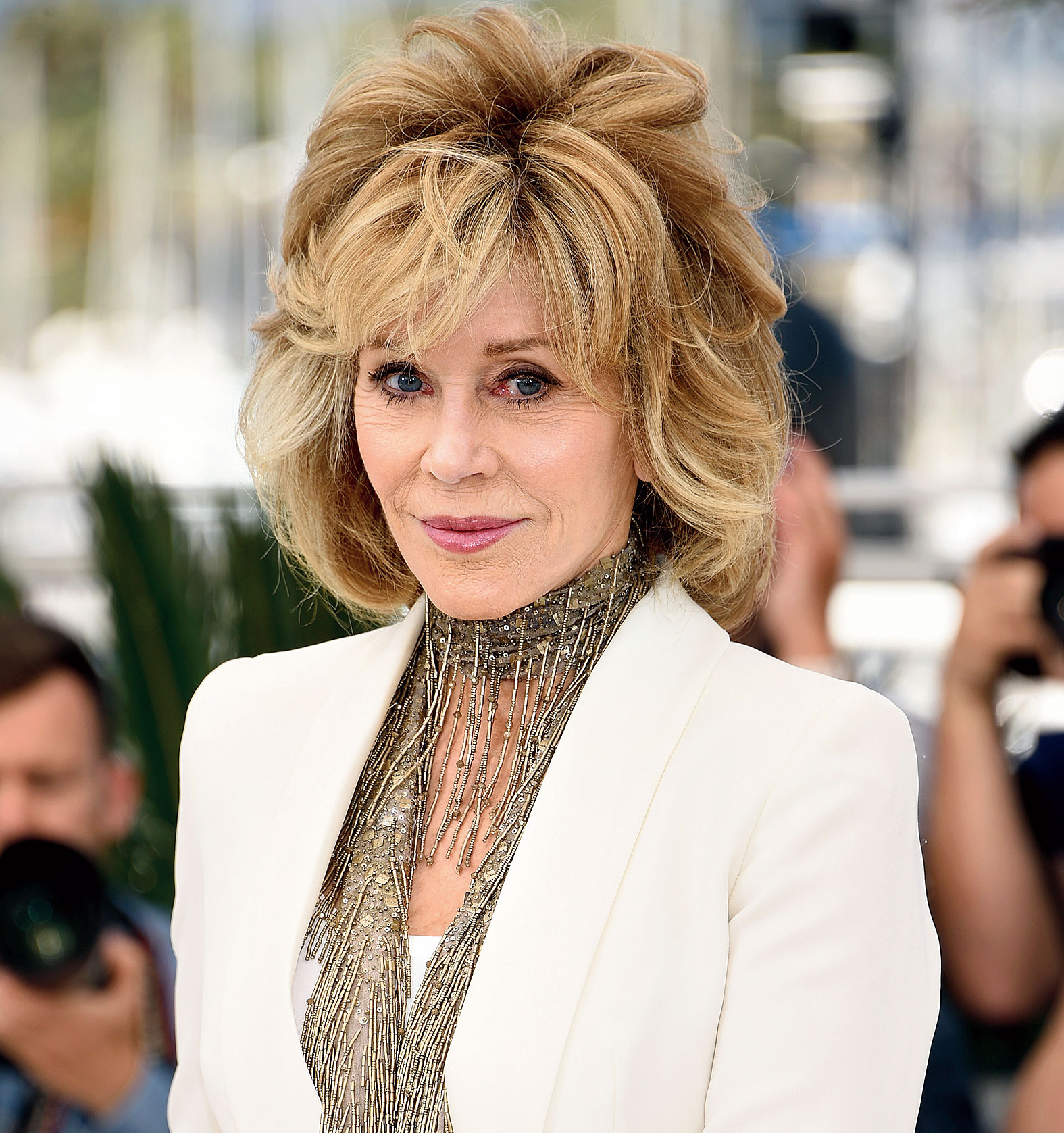What in the world is the matter with Jane Fonda?” President Richard M. Nixon asks in a recording from September 19, 1971, at a time when Fonda was vehemently protesting the Vietnam War. “I feel so sorry for Henry Fonda, who’s a nice man. She’s a great actress. She looks pretty. But boy, she’s… often on the wrong track.”
So begins Jane Fonda in Five Acts, debuting this month on HBO, in which the director Susan Lacy peels back the layers of this formidable actress and activist in a way that might surprise: by focusing primarily on the men in her life.
It certainly surprised Fonda.
“I had no idea how she was going to structure it, and when it opened on the tape of Nixon’s voice, I just thought that was so brilliant,” she said, recalling how she had initially told Lacy, ‘I don’t want a movie star documentary, because if you’re going to do a real documentary about me, there’s a lot more to it than just my career.’”
Fonda gets her own act, of course. But so does her father — the emotionally remote “national monument”, as she calls him, who set the stage for his daughter’s agonising doubt about her body and abilities. As do her three former husbands — the French director Roger Vadim, the political activist Tom Hayden and the media mogul and philanthropist Ted Turner.
Jane Fonda in Five Acts moves from Fonda’s painful childhood, including her father’s affair and her mother’s suicide, to an Oscar winner for Klute and Coming Home. It also grapples with what she has called her biggest regret: her 1972 visit to North Vietnam, which resulted in a photo of her seated on an anti-aircraft gun, earning her the nickname Hanoi Jane and polarising the public.
Here are excerpts from the conversation.
Your public persona is that of a fiercely independent woman with little need for male support. Did you question Susan Lacy’s decision to define you by your men?
No, because for a good part of my life, I was very much defined by the man I was with. Not 100 per cent, but I would be drawn to alpha men who were fascinating and could bring me into a world that I didn’t know. And I felt that if I wasn’t with a man like that, that I was nobody. The writing of my memoir [My Life So Far, published in 2005] made me realise that I can stand on my own two feet without a man to define me. I’m a quintessential late bloomer — but since we’re living an entire adult lifetime longer than our parents and grandparents, it’s kind of good to be a late bloomer.
You never felt that you lived up to your father’s expectations — that he thought you were fat, that you made him ashamed. When did you stop seeing yourself through his eyes?
I think when I married Vadim in my 20s, and then I became Vadim’s girl. I wanted him to teach me how to be a woman, and he taught me to be a female impersonator. Oh, it’s kind of a flippant way to describe my trying to be what he wanted me to be. But I don’t regret the marriage at all.
Is that when you came to believe in your own worth and beauty?
No, no, no, that didn’t happen until I was in my 60s. I’m still a work in progress. You know, when your father doesn’t show up for you or isn’t able to really show you that he loves you unconditionally, then you spend a lot of your life trying to be lovable rather than authentic.
What do you think about #MeToo and Time’s Up?
I never thought I’d live to see it happen. I think it emanated from Hollywood because the women who were speaking out were white and famous. And then it spread across sectors to the women who are far more vulnerable — farm workers, office workers, restaurant workers, domestic workers. If we’re going to win this — by winning, I mean creating safety and dignity and respect for women of colour in the workplaces — we also have to create economic equality. And we have to stand alongside women in other sectors of the economy, which is what I’ve been doing.
You’ve said that until last year, you didn’t realise that perhaps you weren’t paid the same as your male co-stars.
I didn’t pay any attention. It never occurred to me that I was worthy to get paid the same as my male co-star. I was a good girl. Good girls don’t talk about money. Good girls aren’t ambitious. [Now] I ask and I fight. It’s never too late.











